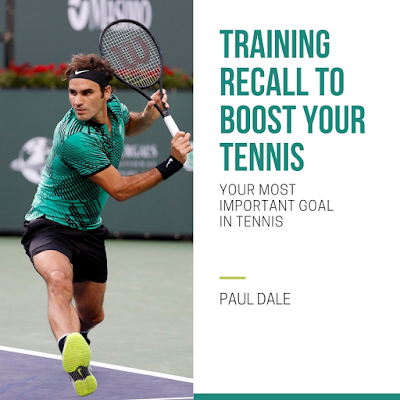YOU LIKE TENNIS, BUT DOES TENNIS LIKE YOU?

We all 'like' many things … weekends, ice cream, the latest phone on the market or the new app everybody else is using. If we buy the latest phone and spend hours on it to connect with friends, play games or to become more visible on social media, that new phone you brought is returning the love. It is 'liking' you back! The fact is if we spend time nurturing those things we like, we will benefit from getting 'liked' back. Imagine your favorite ice cream flavor. Whenever you want ice cream you choose that same flavor because you 'like' it so much. Each time you sit down to enjoy that flavor, the flavor repays you by sending all that great flavor and texture back to you. That’s the ice cream returning your 'like.' However, that boy or girl in your class at school that you would like to get to know better behaves in the same way. If you like them, but don’t show them because you’re too shy, how can they return the 'like.' Your re




